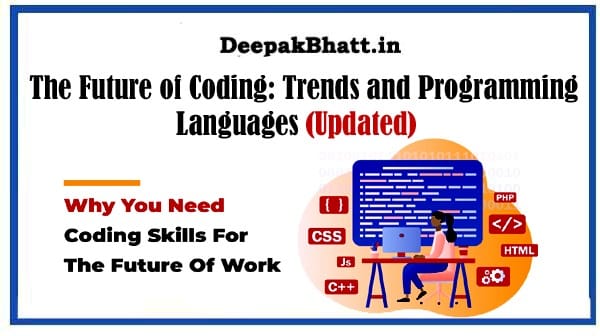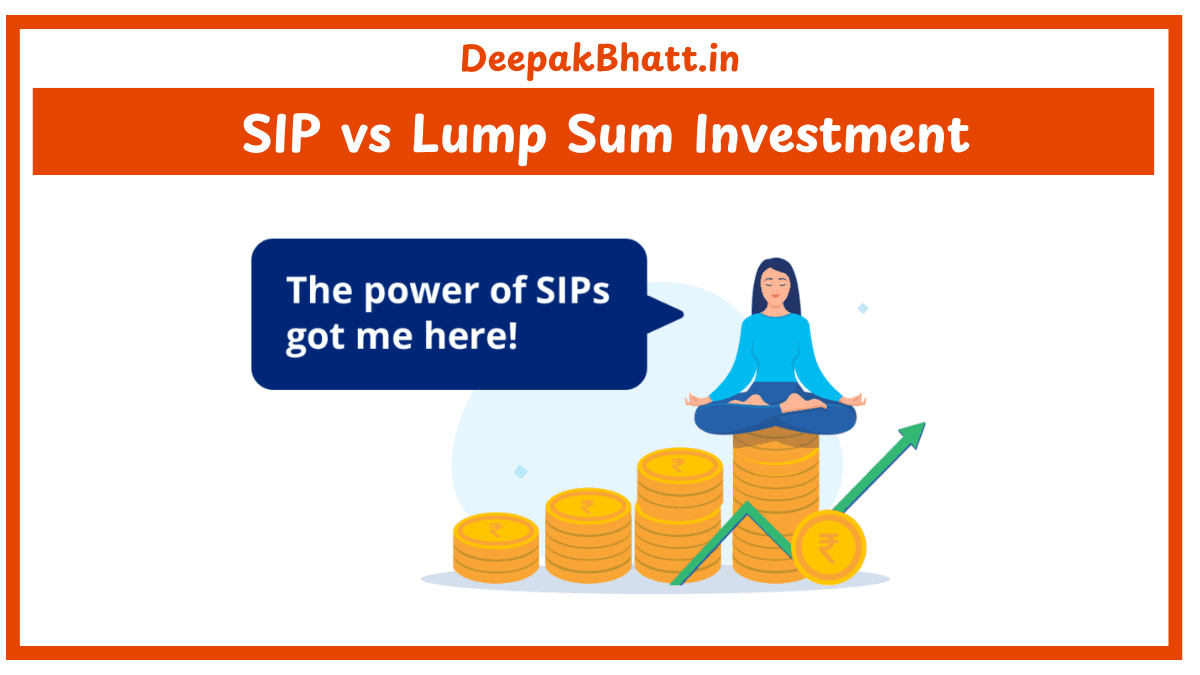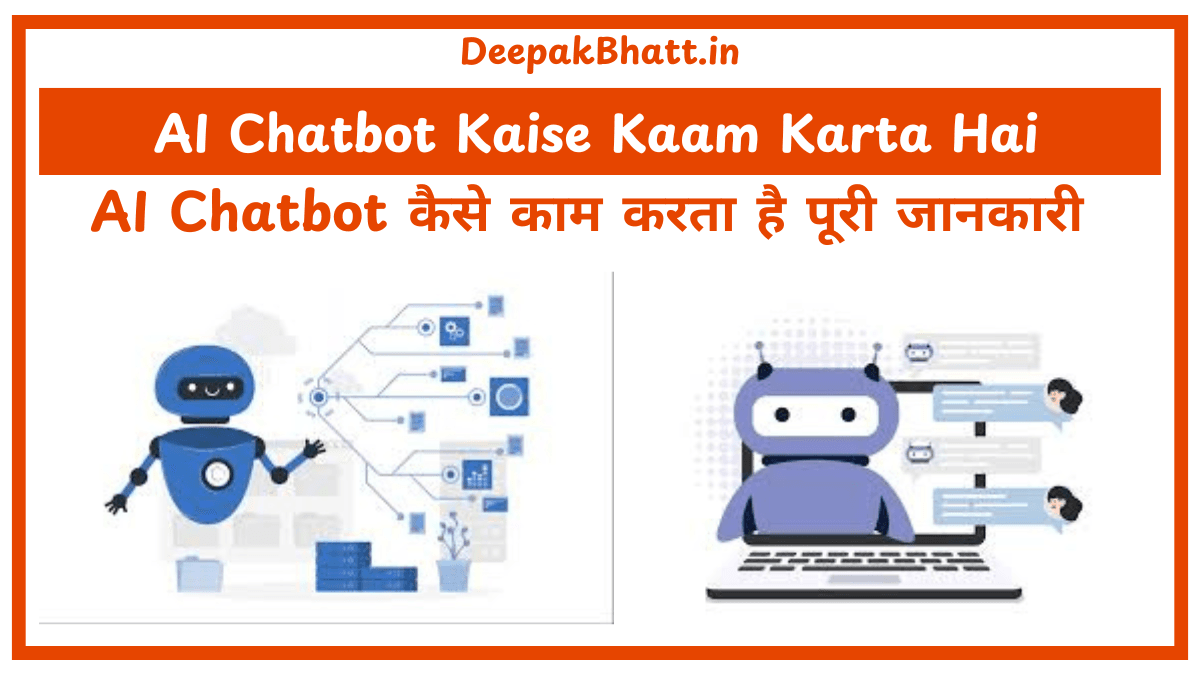The Future of Coding As technology continues to evolve at an unprecedented pace Coding is also undergoing
A transformation that promises to reshape the way software is developed, deployed, and maintained.
Digital Transformation Strategies for Businesses
Internet of Things (IoT): Connecting the World around
- 1 The Future of Coding
- 1.1 1. Low-Code and No-Code Development
- 1.2 2. AI-Augmented Coding
- 1.3 3. Decentralized Development with Blockchain
- 1.4 4. DevOps 2.0: A Shift-Left Approach
- 1.5 5. Edge Computing and IoT Integration
- 1.6 6. Human Augmentation: Coding with AR and VR
- 1.7 7. Quantum Computing Programming
- 1.8 8. Ethical Coding and Responsible AI Practices
- 1.9 Conclusion:
The Future of Coding
In this exploration of the future of coding, we delve into emerging trends, technologies, and shifts in the coding landscape that are set to redefine the very essence of programming.
Local SEO Course: A Definitive Guide 87% Free
Marketing Analytics: Pricing Strategies And Price Analytics
1. Low-Code and No-Code Development
Trend Overview: The rise of low-code and no-code development platforms is democratizing programming by enabling individuals with varying levels of technical expertise to build applications without extensive coding knowledge. This trend accelerates the development lifecycle and fosters collaboration between technical and non-technical stakeholders.
Key Aspects:
- Rapid application development with visual interfaces.
- Empowerment of business users to create software solutions.
- Increased collaboration between developers and business teams.
- The Future of Coding
2. AI-Augmented Coding
Trend Overview: Artificial Intelligence is making its mark on coding by automating mundane tasks, assisting in code completion, and even generating code snippets. AI-powered tools enhance developer productivity, reduce errors, and facilitate faster development cycles.
Key Aspects:
- Intelligent code completion based on context and historical patterns.
- Automated bug detection and correction.
- The Future of Coding
- Code generation for routine and repetitive tasks.
3. Decentralized Development with Blockchain
Trend Overview: Blockchain technology is not just revolutionizing finance; it’s also influencing the way software is developed. Decentralized applications (DApps) are built on blockchain networks, fostering transparency, security, and distributed collaboration.
Key Aspects:
- Smart contracts automating trustless transactions.
- Tokenization and incentivization of open-source contributions.
- Enhanced security through decentralized and tamper-proof code repositories.
4. DevOps 2.0: A Shift-Left Approach
Trend Overview: DevOps practices are evolving with a “shift-left” approach, integrating development and operations earlier in the software development lifecycle. The Future of Coding This streamlines collaboration, accelerates delivery, and ensures that security is an integral part of the development process.
Key Aspects:
- Continuous integration and continuous delivery (CI/CD) pipelines.
- Automated testing and deployment in early development stages.
- Collaboration tools that bridge the gap between development and operations teams.
5. Edge Computing and IoT Integration
Trend Overview: As the Internet of Things (IoT) expands, coding is moving closer to the edge. Edge computing involves processing data near the source rather than relying on centralized servers. This trend requires developers to create efficient, lightweight, and scalable applications.
Key Aspects:
- Development of applications optimized for edge devices.
- Reduced latency and improved performance for IoT applications.
- Enhanced security through decentralized processing.
6. Human Augmentation: Coding with AR and VR
Trend Overview: Augmented Reality (AR) and Virtual Reality (VR) are entering the coding realm, providing immersive environments for developers to visualize and interact with code. This shift enhances collaboration, debugging, and the overall coding experience.
Key Aspects:
- Visualizing code structures and data flows in three-dimensional space.
- Collaborative coding sessions in virtual environments.
- AR-assisted debugging and problem-solving.
7. Quantum Computing Programming
Trend Overview: With the advent of quantum computers, coding is entering a new era. Quantum programming languages are emerging to harness the power of quantum bits (qubits) for solving complex problems exponentially faster than classical computers.
Key Aspects:
- Development of algorithms for quantum computers.
- Quantum programming languages like Qiskit and Quipper.
- Collaboration between classical and quantum computing in hybrid models.
8. Ethical Coding and Responsible AI Practices
Trend Overview: As technology plays an increasingly influential role in society, ethical considerations in coding are gaining prominence. Developers are expected to prioritize responsible AI practices, ensuring fairness, transparency, and accountability in algorithmic decision-making.
Key Aspects:
- Ethical guidelines and frameworks for coding practices.
- Bias detection and mitigation in AI algorithms.
- Increased awareness and education on ethical coding principles.
Conclusion:
The future of coding is a dynamic landscape, shaped by technological advancements, changing paradigms, and a commitment to ethical and responsible practices. As coding evolves, developers are empowered with tools and approaches that not only accelerate development but also redefine the very nature of what it means to be a coder.
आप सभी का मेरी वेबसाइट पर स्वागत है। मैं Blogging, earning money online और अन्य Categories से संबंधित Post Updates करता रहता हूँ। यहाँ आपको बहुत अच्छी Post पढ़ने को मिलेंगी। जहाँ से आप बहुत सारा Knowladge बढ़ा सकते हैं। आप हमारी website और Social Media के माध्यम से हमसे जुड़ सकते हैं। धन्यवाद







